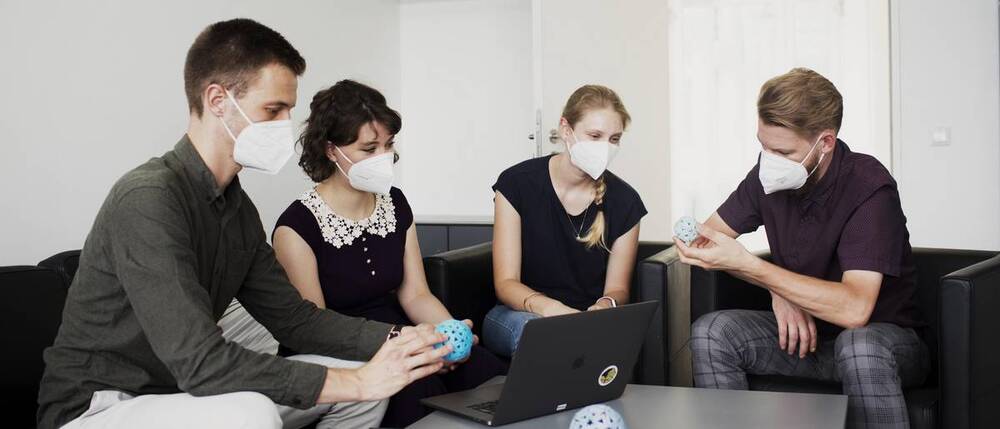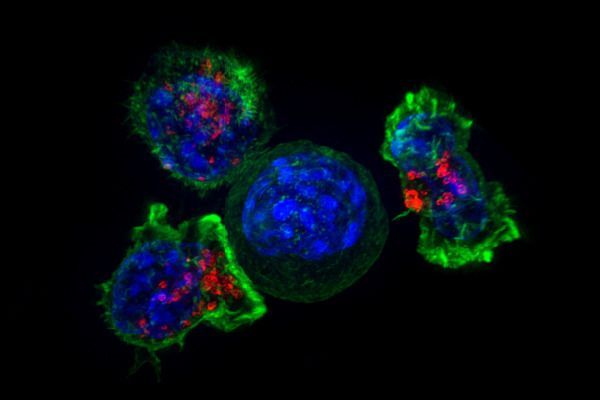Researchers at Honeywell Quantum Solutions have taken a significant step toward demonstrating the viability of large-scale quantum computing on its trapped-ion quantum computing technology.
The Honeywell team can now perform quantum error correction (QEC), which are protocols necessary to detect and correct errors in real time on a quantum computer. They demonstrated the ability to “protect” quantum information (prevent a quantum computation from being quickly corrupted by imperfections and noise) on the System Model H1. This is an important first in the quantum computing industry. Currently, most demonstrations of quantum error correction involve correcting errors or “noise” after the procedure has finished running, a technique known as post-processing.
In a paper published this week on arXiv, researchers detailed how they created a single logical qubit (a series of entangled physical qubits) and applied multiple rounds of quantum error correction. This logical qubit is protected from two main types of errors that occur in a quantum computer: bit flips and phase flips.






